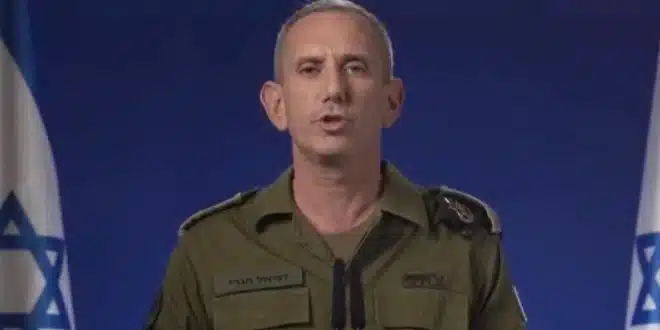Diplomatic efforts intensified on Monday to prevent further escalation between Iran and Israel following high-profile assassinations that have significantly increased regional tensions. Various governments have urged their citizens to leave Lebanon amid these developments.
Israeli Prime Minister Benjamin Netanyahu declared late Sunday that Israel is “determined to stand against” Iran and its allied armed groups “on all fronts.”
As Israel’s conflict with Iran-backed Hamas in Gaza approaches its 11th month, the country is preparing for potential retaliation from the Tehran-aligned “axis of resistance” in response to the assassinations of two senior figures.
Hamas political leader Ismail Haniyeh was killed in Tehran on Wednesday in an attack attributed to Israel, which has not commented directly. This incident occurred hours after an Israeli strike in Beirut killed Hezbollah military chief Fouad Shukur.
Iran’s foreign ministry spokesperson Nasser Kanani stated on Monday that “no one has the right to doubt Iran’s legal right to punish the Zionist regime” for Haniyeh’s death.
U.S. Secretary of State Antony Blinken informed G7 counterparts in a Sunday conference call that an attack, likely a joint effort by Hezbollah and Iran, could occur within 24 to 48 hours. Blinken urged diplomatic pressure on Tehran, Hezbollah, and Israel to “maintain maximum restraint.”
UN rights chief Volker Turk called for urgent action from all parties and influential states to de-escalate the “precarious situation.”
Israel’s military spokesman Rear Admiral Daniel Hagari stated there was “no change” in their policy to protect civilians.
Risk of Regional War
Experts and diplomats warn that any retaliation against Israel could quickly lead to a regional war. Turkey joined multiple nations on Monday in advising their citizens to leave Lebanon, where Hezbollah is based. Numerous airlines have also suspended or limited flights to the country.
Italian Foreign Minister Antonio Tajani expressed concern about the potential regionalization of the crisis, starting from Lebanon, and urged all involved parties to avoid actions that could hinder dialogue and moderation.
Jordan’s Foreign Minister Ayman Safadi, during a rare visit to Tehran, delivered a message from King Abdullah II to President Masoud Pezeshkian. Political analyst Oraib Rantawi noted that Jordan’s airspace could become a theater for missile and anti-missile fire in any Iran-Israel confrontation but emphasized that Amman would strongly object to sovereignty violations.
The Israel-Hamas war, triggered by Hamas’s October 7 attack, has already drawn in Iran-backed militants from Syria, Lebanon, Iraq, and Yemen.
Ongoing Cross-Border Clashes
Hezbollah and Israel continued their near-daily cross-border exchanges of fire. The Lebanese health ministry reported four fatalities in two separate strikes on Mays al-Jabal and Houla, while Hezbollah claimed to have targeted military sites in northern Israel with “explosive-laden drones.”
Since October, the cross-border violence has resulted in 549 deaths in Lebanon, mostly fighters but also at least 116 civilians. On the Israeli side, including the annexed Golan Heights, 22 soldiers and 25 civilians have been killed.
Analysts anticipate a joint but measured response from Iran and its allies. Tehran expects Hezbollah to strike deeper into Israel, targeting more than just military sites.
The United States, an ally of Israel, is moving additional warships and fighter jets to the region. President Joe Biden is scheduled to meet with his national security team later Monday to discuss Middle East developments.
Rocket Attacks and Stalled Ceasefire Talks
The Israeli military reported around 15 rockets fired from the southern Gaza Strip into Israel on Monday. Medics treated an injured man.
Efforts for a ceasefire and a hostage-release deal, mediated by Qatar, Egypt, and the United States, have repeatedly stalled.
Hamas officials and some analysts, as well as Israeli protesters, have accused Netanyahu of prolonging the war to maintain his hard-right ruling coalition.
Middle East expert Andreas Krieg stated that Haniyeh’s assassination, who was Hamas’s lead negotiator in truce talks, “does not suggest Israel is sincerely interested in a ceasefire.”


